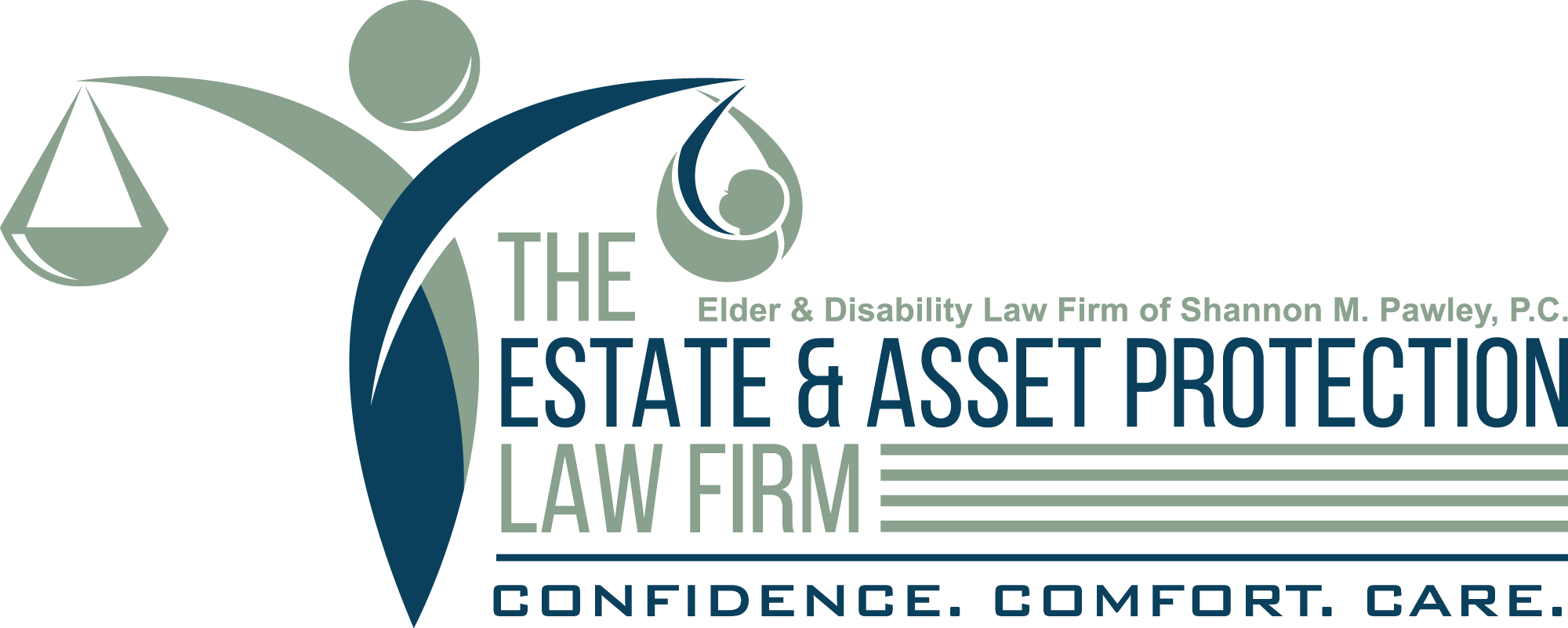Warning for Divorce Attorneys: Things to Know about Cryptocurrencies

Technology has without question contributed so much good to the world.
On one hand, it has simplified many things. On the other hand, it has made certain areas of law considerably more complex. When it comes to divorce and the legal division of assets the arrival of cryptocurrencies is turning out to be a serious challenge.
When Financial Assets Are No Longer Physical
The relative anonymity along with the difficulty of tracing and tracking cryptos has made it possible to hide assets. Leading to the avoidance of full disclosure of monetary property in divorce proceedings. Cryptos are not traceable by Social Security numbers.
In today’s divorce proceedings there are several things you need to ask that will lead to the disclosure of cryptocurrencies. You need to know what to ask and where to look and what to look for in order to ferret out these accounts.
Learning The Language of Cryptocurrencies
‘Cold wallet’ and ‘warm wallet’ are two terms that you’ll want to become familiar with. A ‘cold wallet’ is typically a USB storage device, which makes cryptos untraceable from a computer. A ‘warm wallet’ is the computer itself. Since the purchase of cryptos have to originate somewhere (bank account, credit card) through an “exchange”, then most people will typically take them off the exchange and put them on a warm wallet (their PC) or in a cold wallet (a flash drive).
Most attorneys have been clueless to the existence of these ‘wallets’. Looking through bank records for initial purchases will be helpful in identifying purchases. You can ask for external drives or to examine their PCs browser history which can lead to the discovery of warm wallets.
Many Credit Card Companies No Longer Allow Crypto Purchases
Many credit card companies recently announced they no longer allow the purchase of cryptocurrencies. This means that most people will have a bank account linked directly to an exchange for purchase/sale transactions, making the initial purchase somewhat easier to find.
Asset Is Called The “Key”
The actual asset is called the “key” which, for Bitcoin, is a 26-digit code. If the person attempting to hide assets memorizes the key, they technically don’t need to keep proof of the asset in a cold or warm wallet. They only need to keep it in their head. If this is the case you may never find the digital assets.
Moving Forward
From an attorney perspective, it would be wise to update your intake forms and agreement forms to have the clients/opposing parties formally attest to any ownership interest in any:
“digital assets, to include but not be limited to: Bitcoin, Etherium, altcoins, blockchain, cryptocurrencies, or the like, on an exchange or wallet in country or in foreign countries”
Furthermore, if there is any ownership interest, the exchanges, wallets, and “keys” be confidentially disclosed. This should be accompanied by a transaction history and the interest held (i.e. .024 Bitcoin).
From a long-range perspective, attorneys have to become aware that the blockchain applications of “smart contracts” may make the lawyer’s job either easier or obsolete. For example, parties could enter in an agreement (or a judgment) and code it on blockchain that H pays W $x on the 3rd of each month. This will happen automatically (assuming H has assets where the blockchain is pulling it from).
This should minimize:
- Going back and forth to court
- He-said, she-said arguments about late payments, etc.
It will all be transparent on the blockchain. This will be desirable to judges at some point.
Cracking the crypto world alone is difficult to understand. However, trying to find cryptos and equitably distribute assets in a divorce, is giving divorce attorneys a run for their money.
Looking to find an experienced estate lawyer in the Georgia area who is skilled in asset protection and estate plan preparation? Shannon Pawley is an attorney in Georgia with expertise in estate planning and asset protection. Shannon can provide assistance with creating an estate plan to include making a will and how to establish a trust properly. If you have questions about asset protection or questions about making an estate plan, reach out to Shannon and she will be glad to help answer all the estate planning questions you might have!







